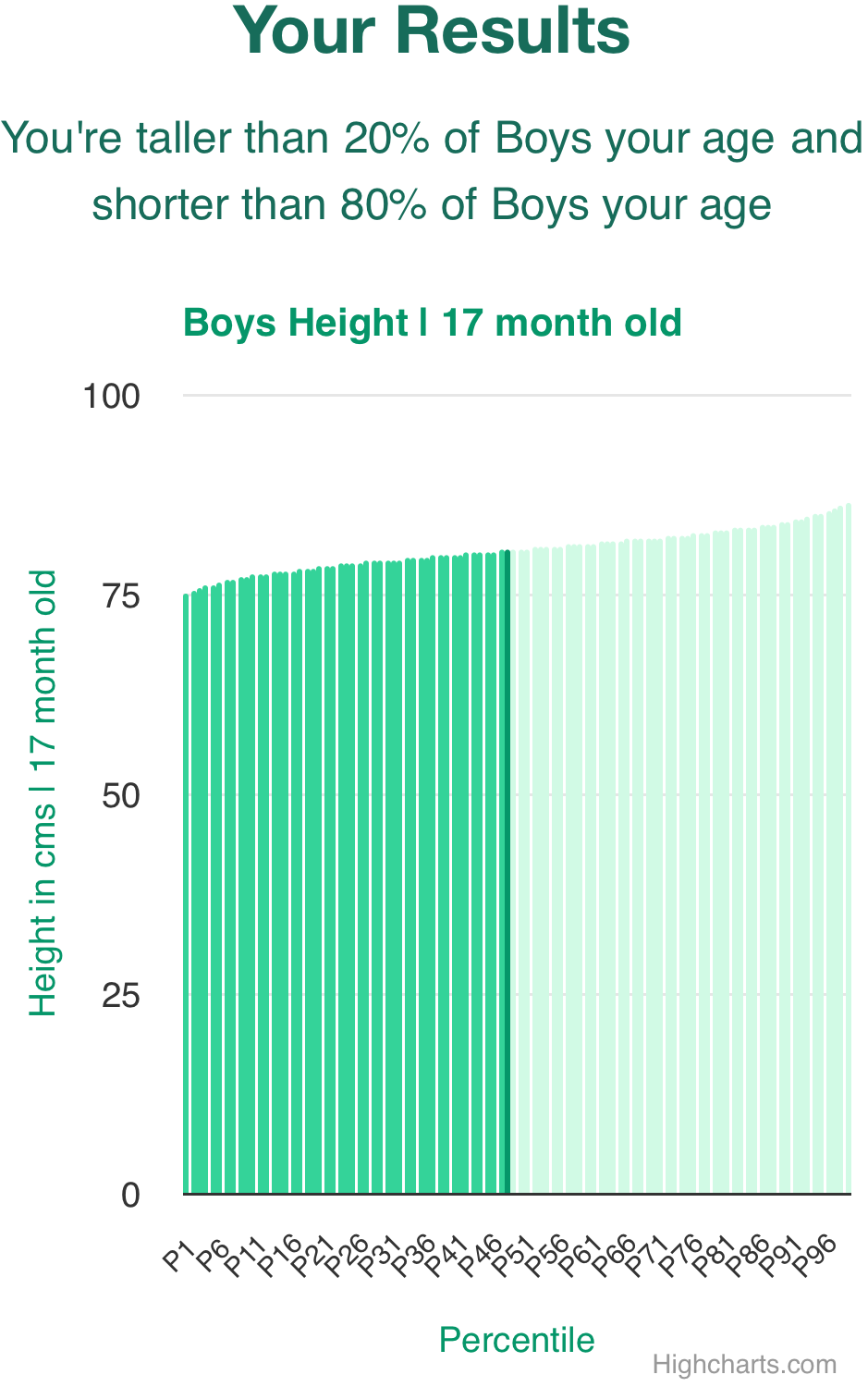Boys Weight chart in kgs for Toddlers 17 month old

General Summary: 17 month old boys weight
In most cases, weight measurements for 17 month old boys will be in the range between 9 and 13 kgs. The average weight for 17 month old boys is 11 kgs, according to the CDC and anonymized data from users.
All Results
Enter your weight measurements above to see how they compare
So far, we have recorded [0] weight measurements for 17-month-old boys on LifeMeasure!
(chart updates daily)
See more ages